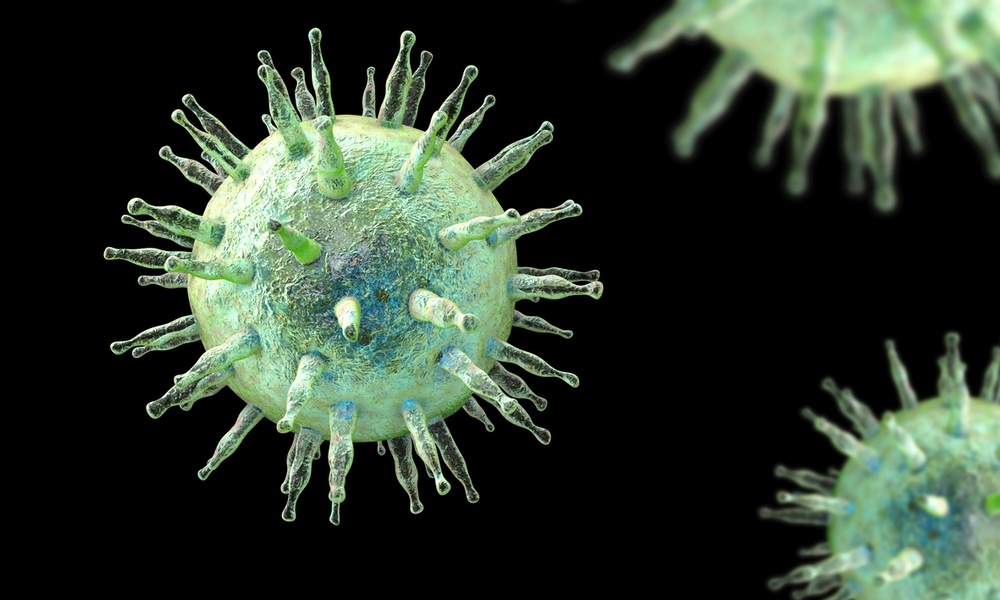Your dietary choices really can kill you, and they do. Nearly half of all the deaths caused by “cardiometabolic diseases,” like heart disease, stroke and type 2 diabetes, are related to eating too little of the good stuff and too much of the harmful stuff, according to a new study by researchers at Tufts Friedman School of Nutrition Science and Policy.
They looked at deaths due to heart disease, stroke and type 2 diabetes in 2012 based on data from two National Health and Nutrition Examination Surveys, statistics on disease-specific causes of death from The National Center for Health Statistics and the results of past research studies that linked diets with diseases. And they compared deaths from these diseases to how much people ate of 10 foods and nutrients that are associated with those diseases: fruits, vegetables, nuts and seeds, whole grains, unprocessed red meats, processed meats, sugar-sweetened beverages, polyunsaturated fats, omega-3 fats from seafood and sodium.
Nearly half of the deaths (45 percent) from cardiometabolic diseases were related to less than optimal intake of these 10 foods or nutrients — too little of the healthy foods and nutrients and too much of those that are harmful.High sodium intake was related to the most cardiometabolic deaths, followed by eating too few nuts and seeds, and a high intake of processed meats,
Deaths linked to poor diet were higher among men than women and among blacks and Hispanics, and people with low and medium educational levels. More young people died from dietary factors associated with disease than older people.
The results clearly show the higher risks from certain eating habits and should help policymakers identify priorities and guide public health planning. Emphasizing the benefits of good food choices is just as important as stressing the need to limit harmful foods, and this should be a goal within healthcare systems, school systems and public health programs. The results will hopefully also inspire people to improve their eating habits.
The study is published in JAMA.





